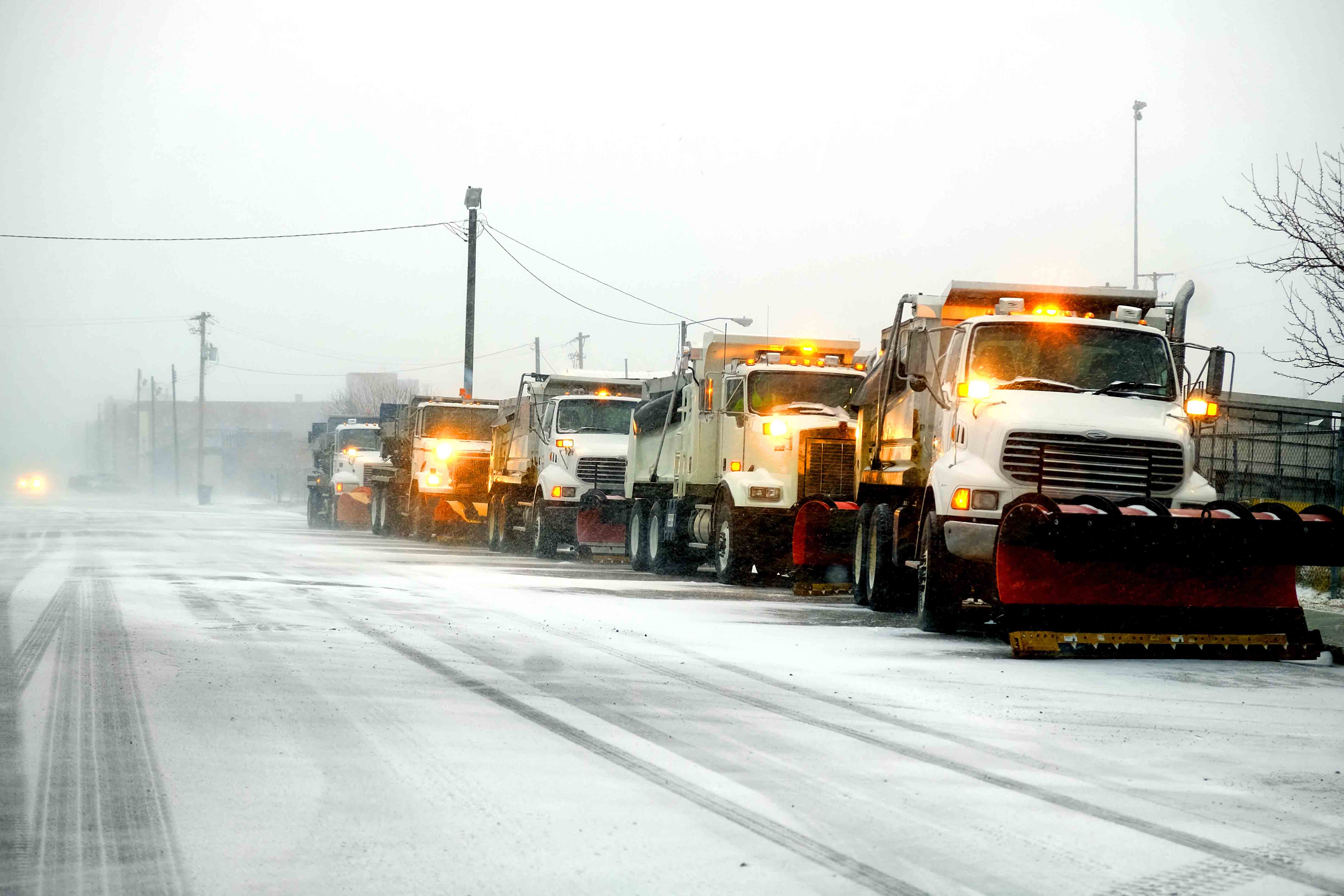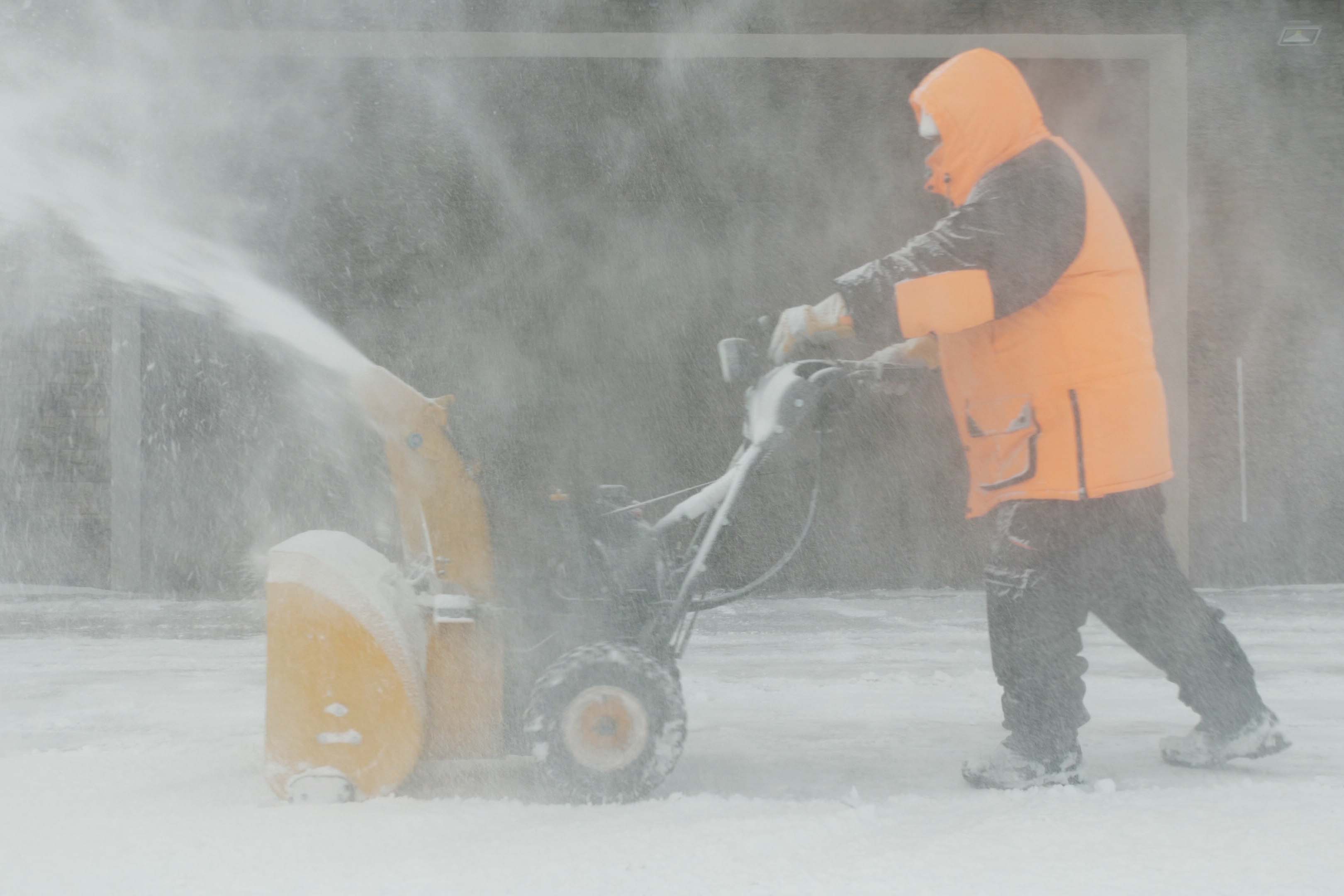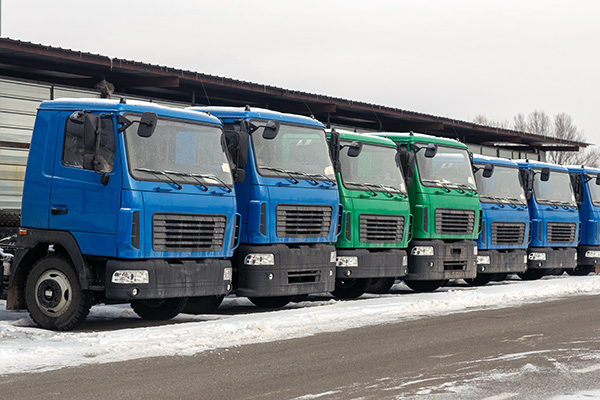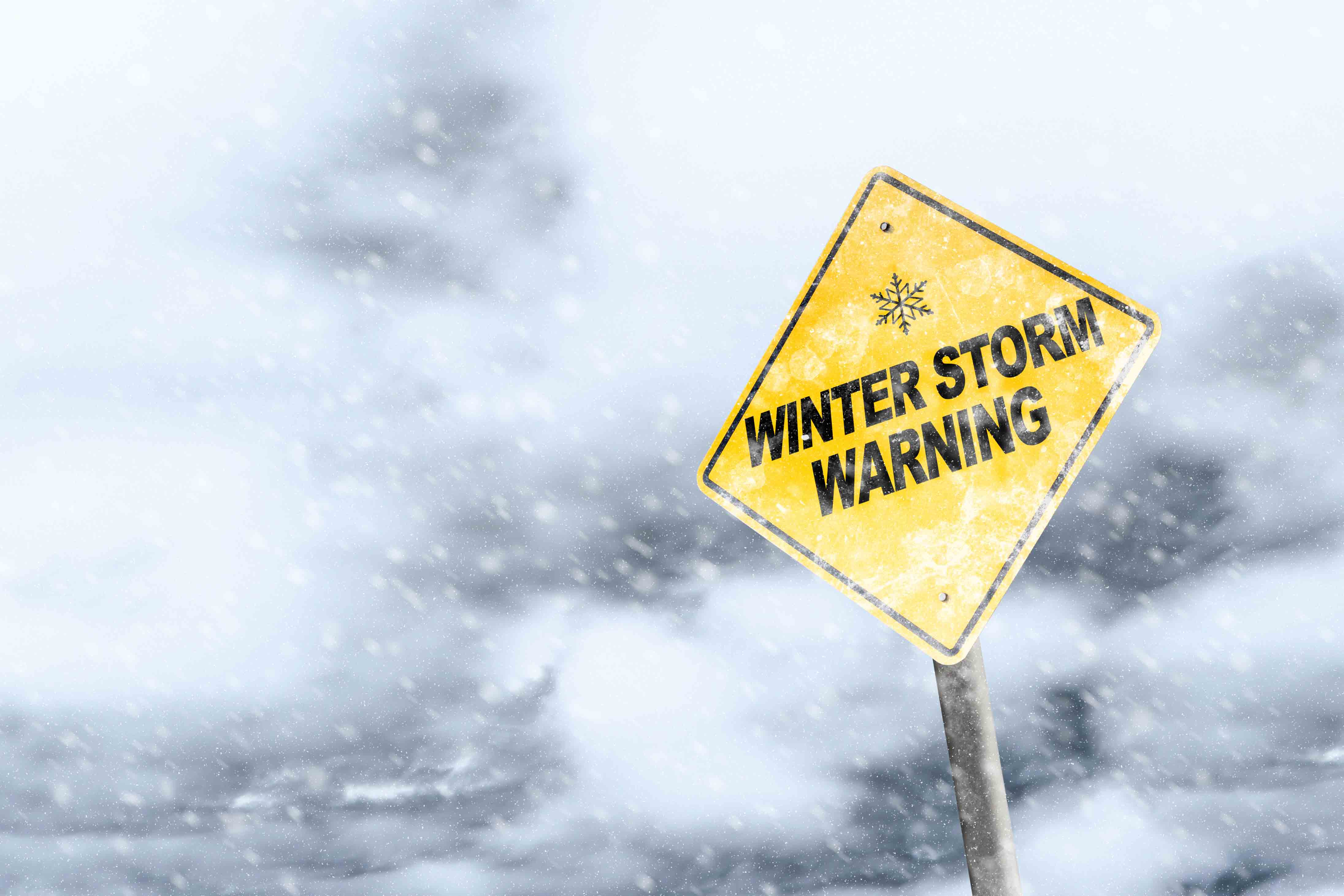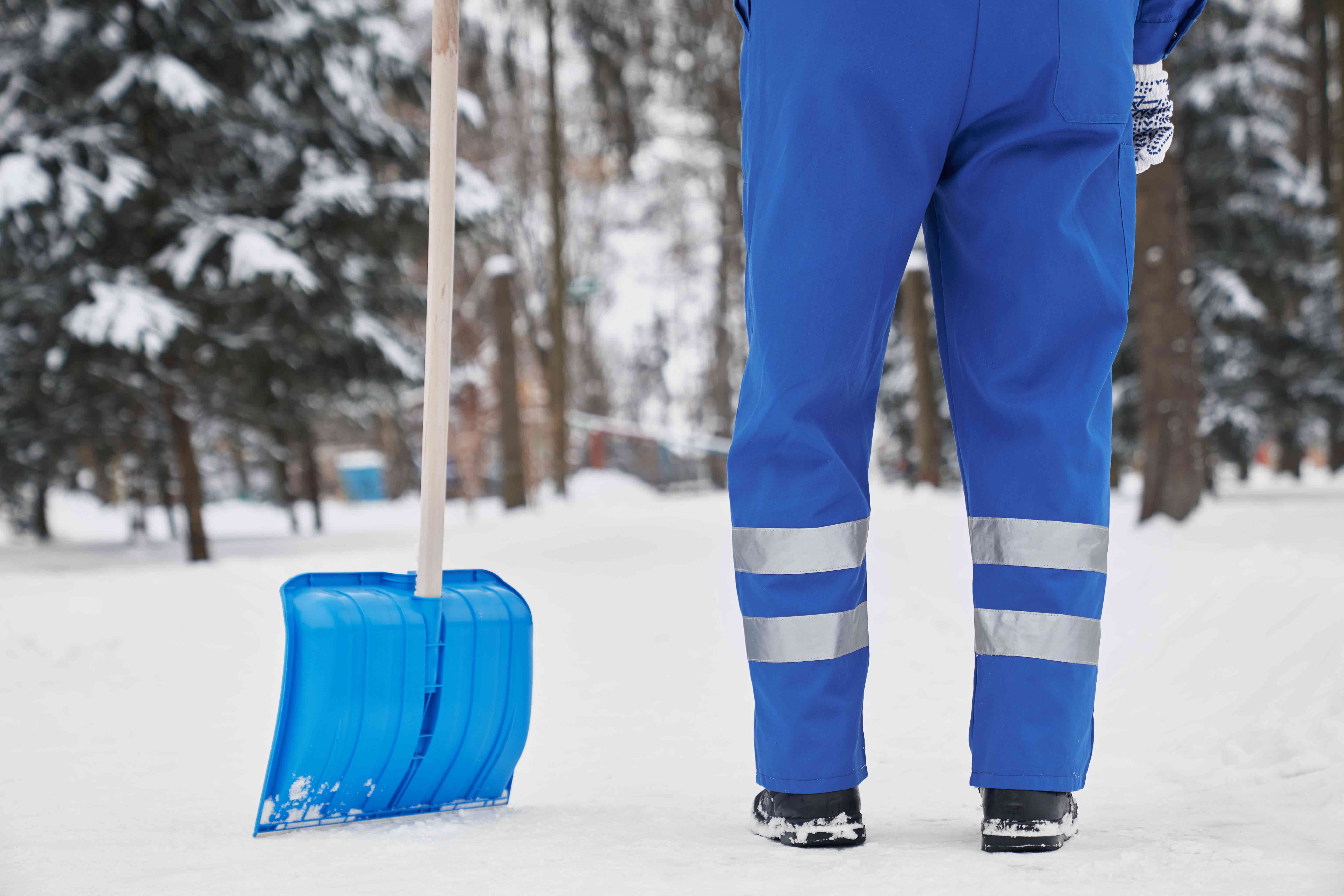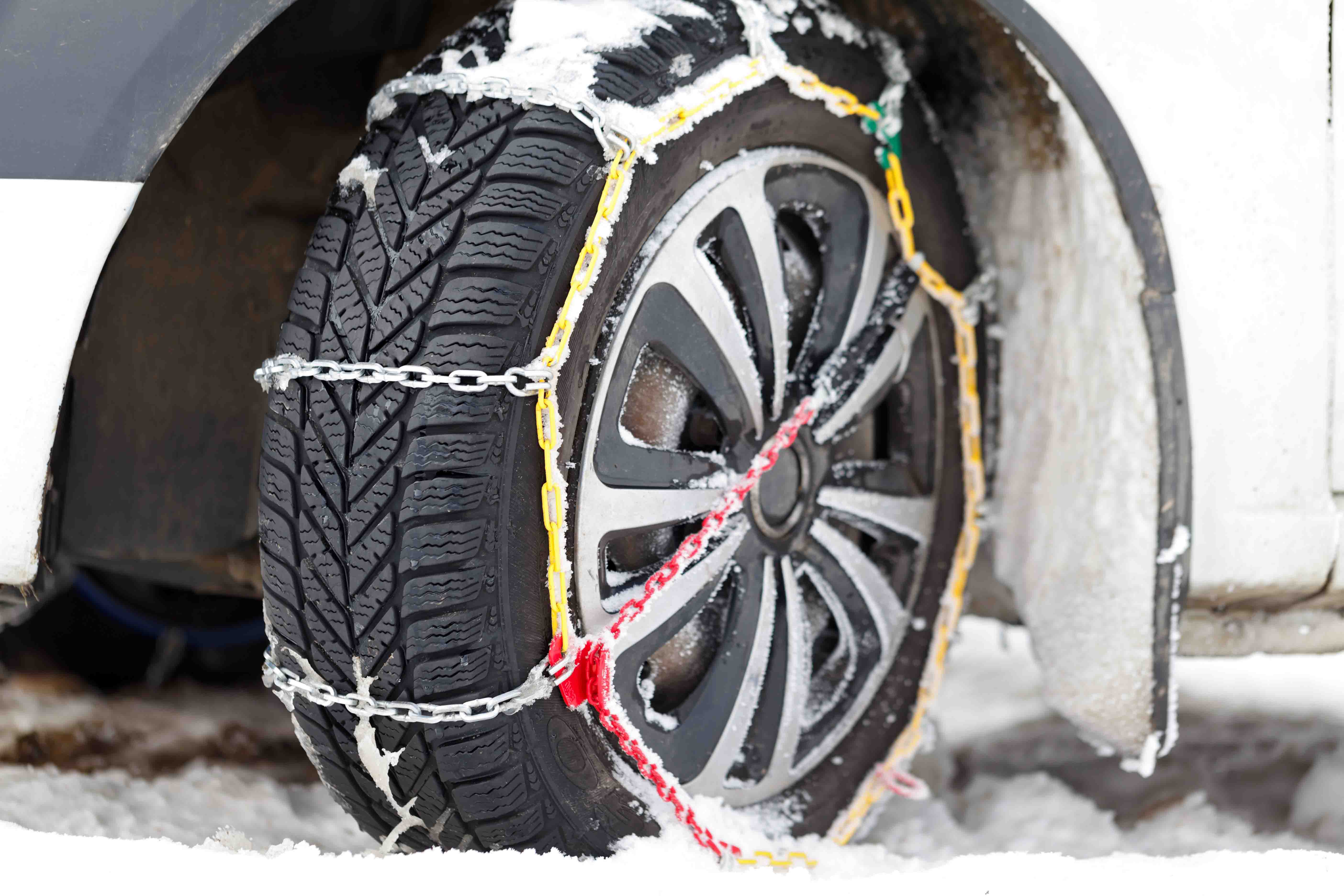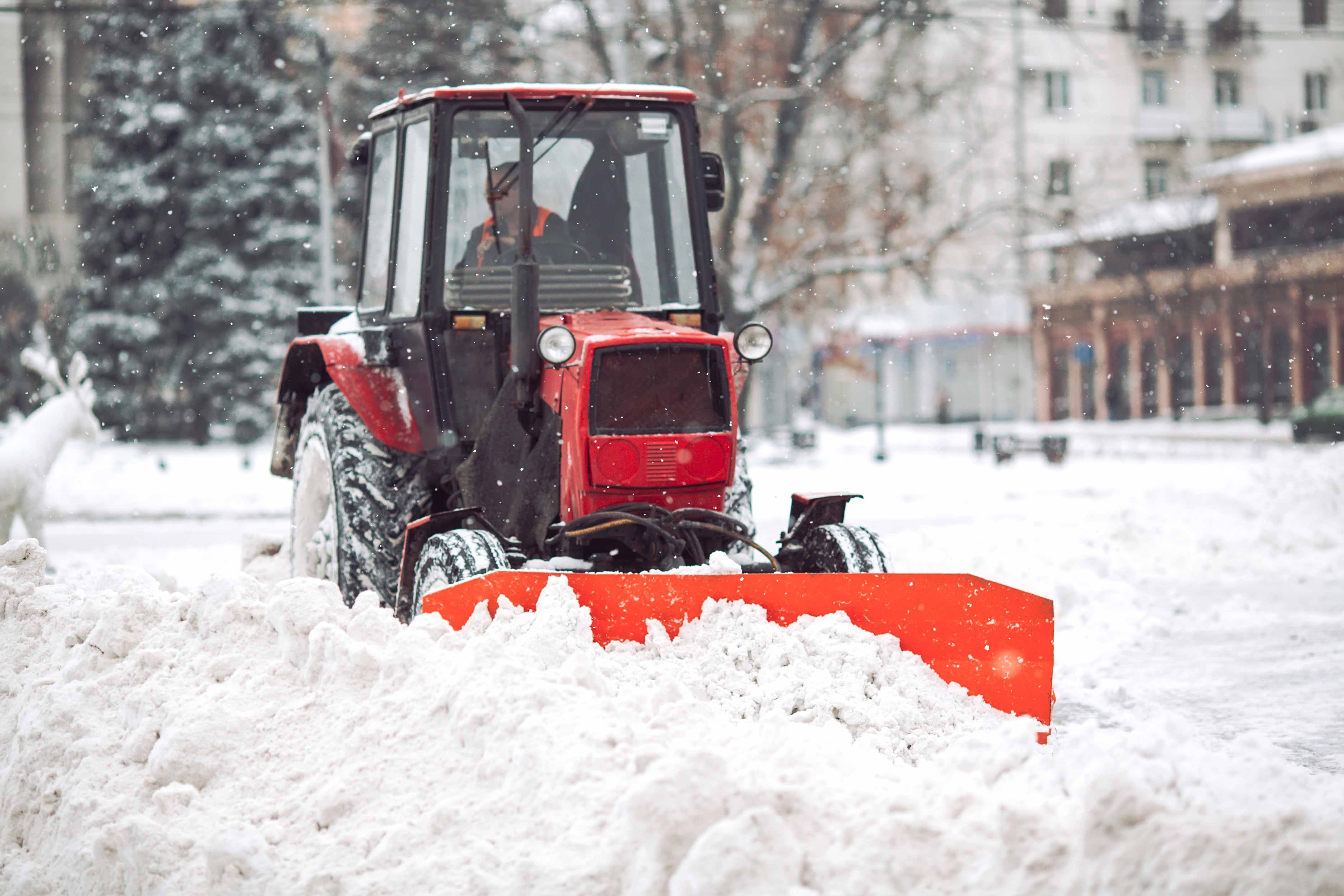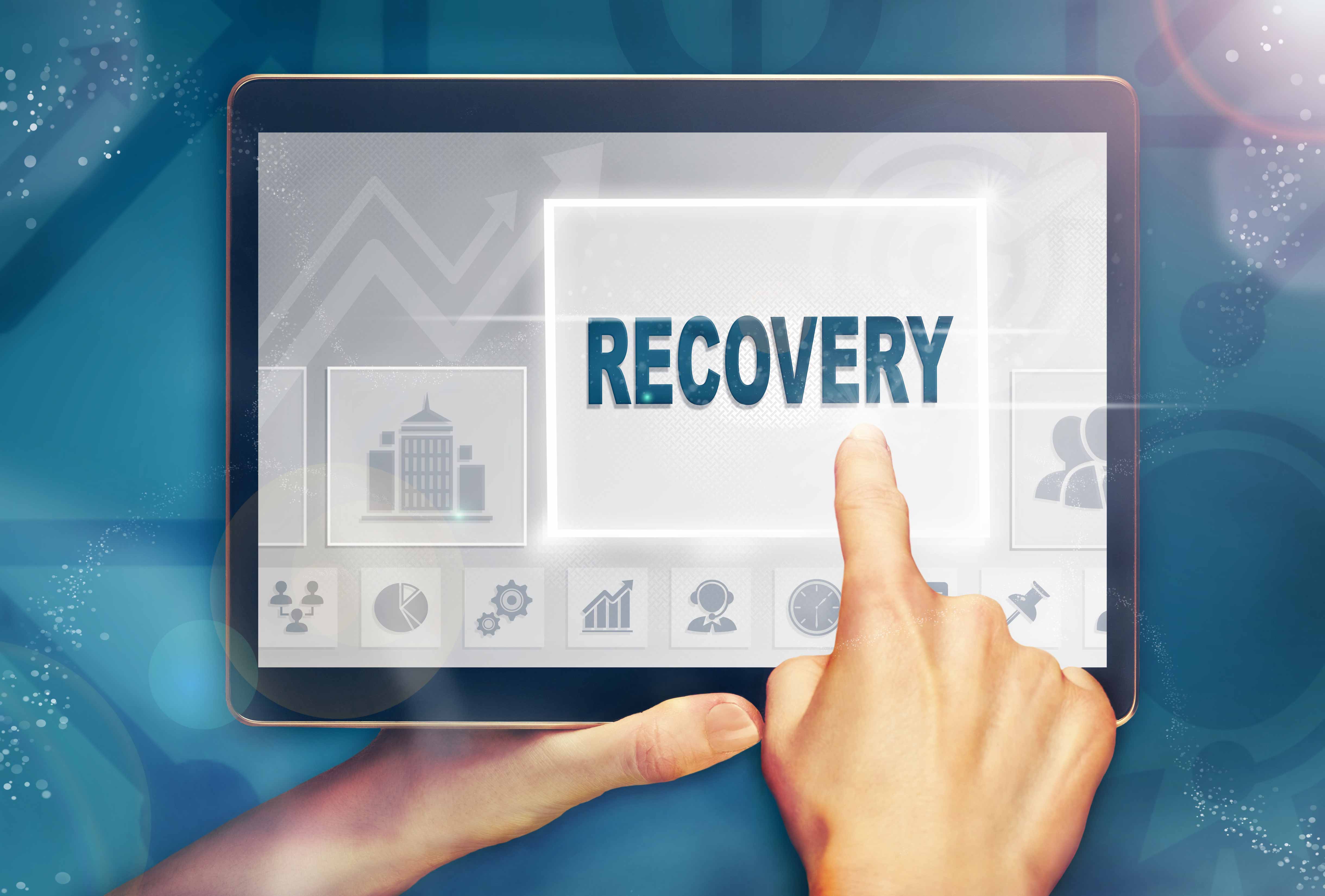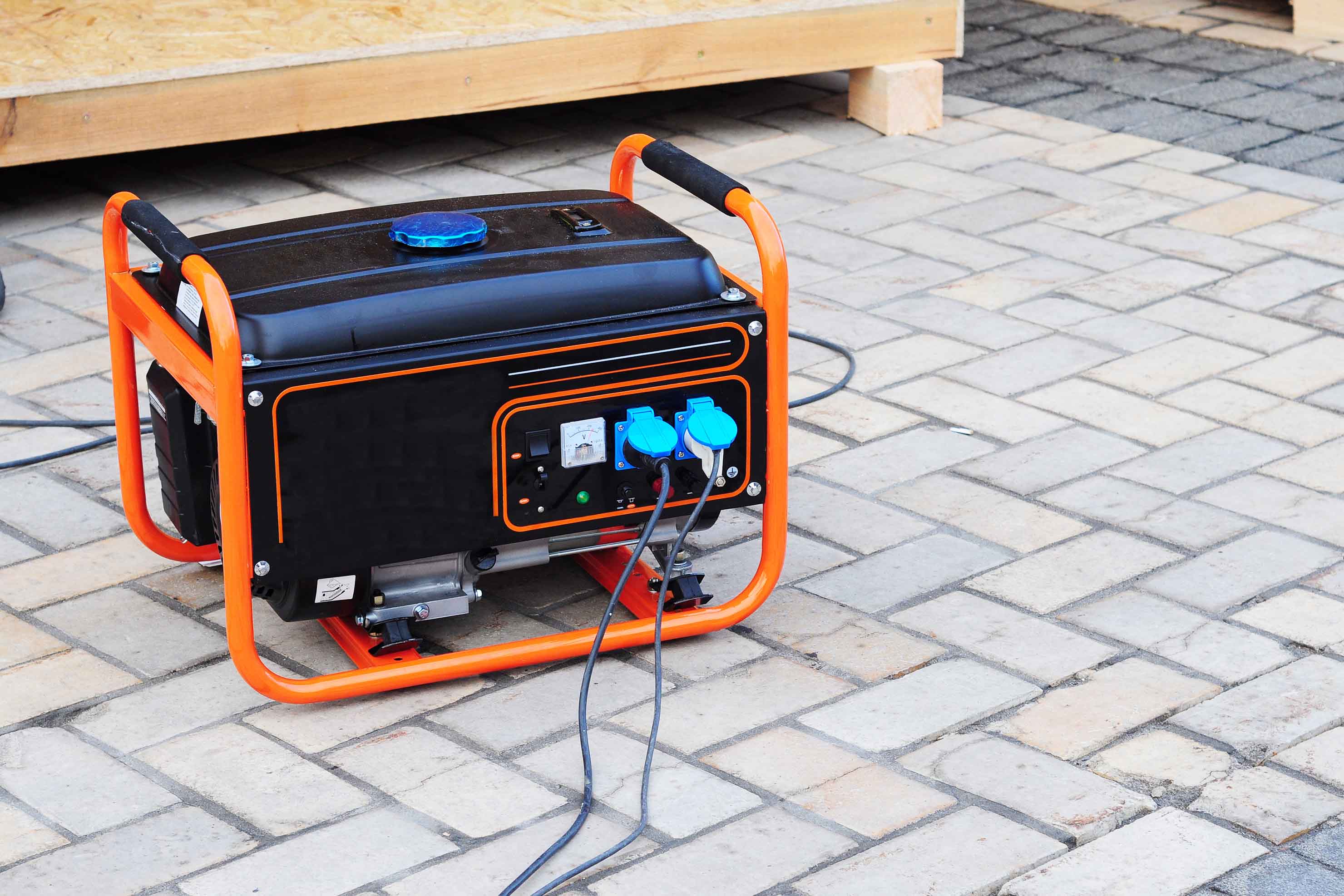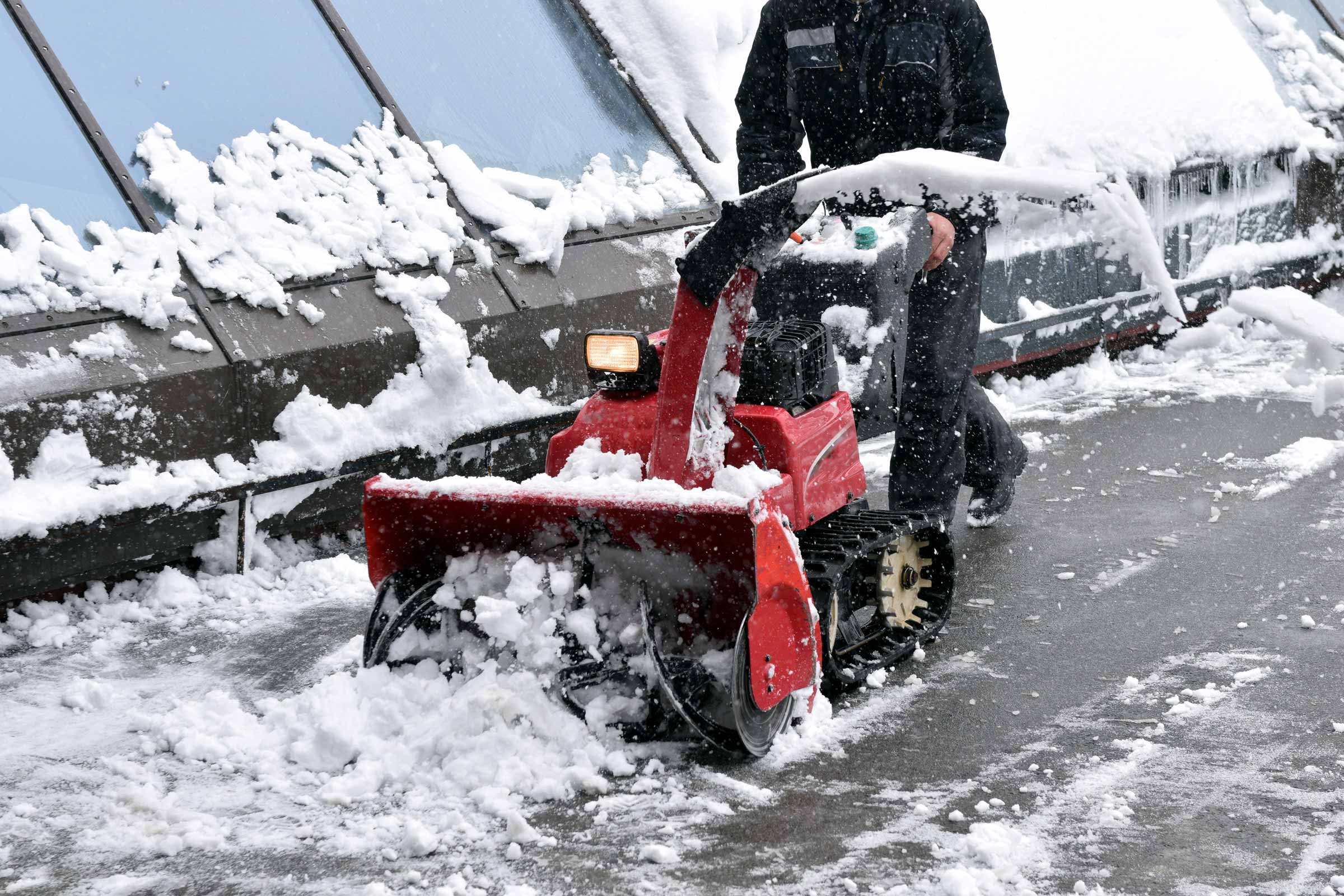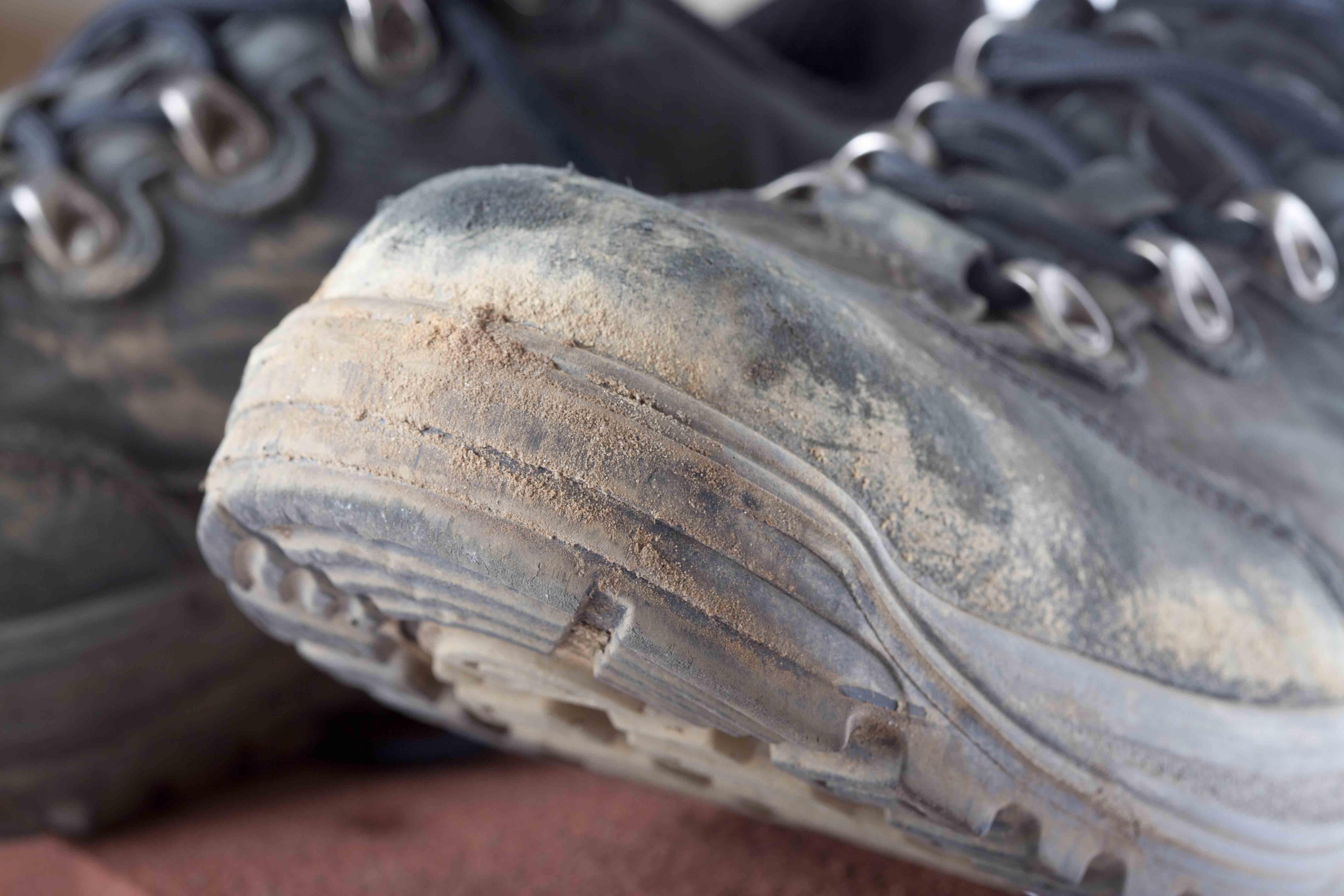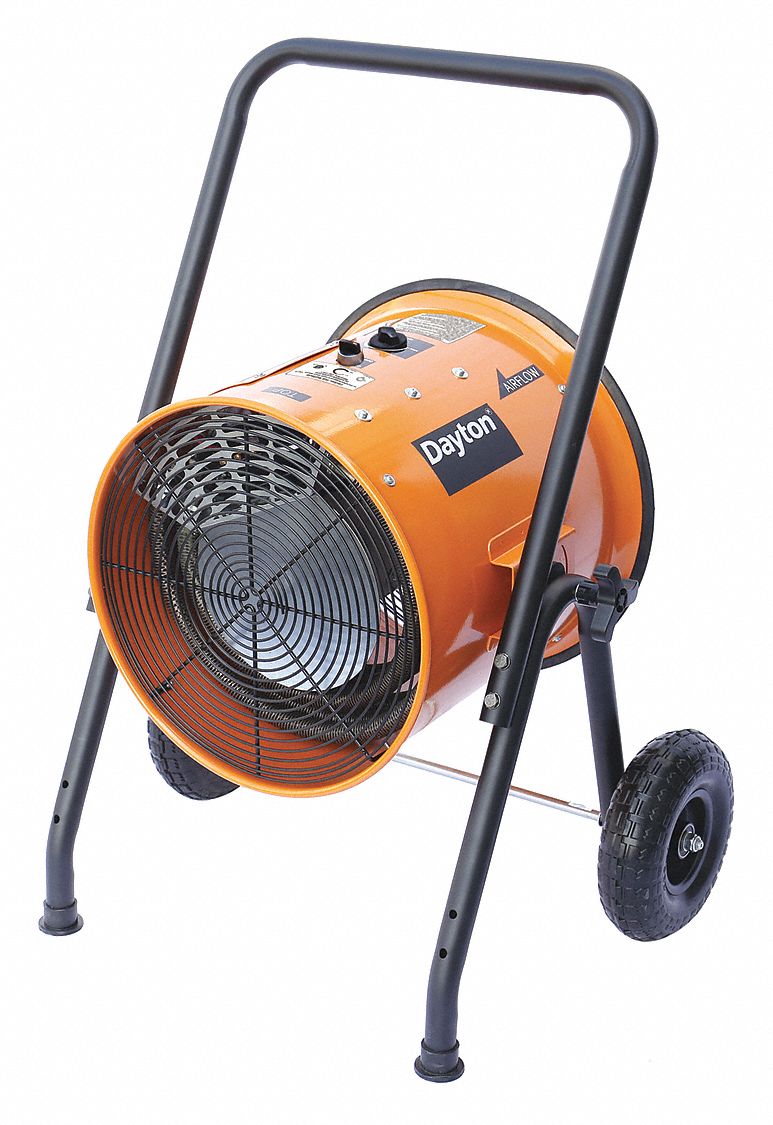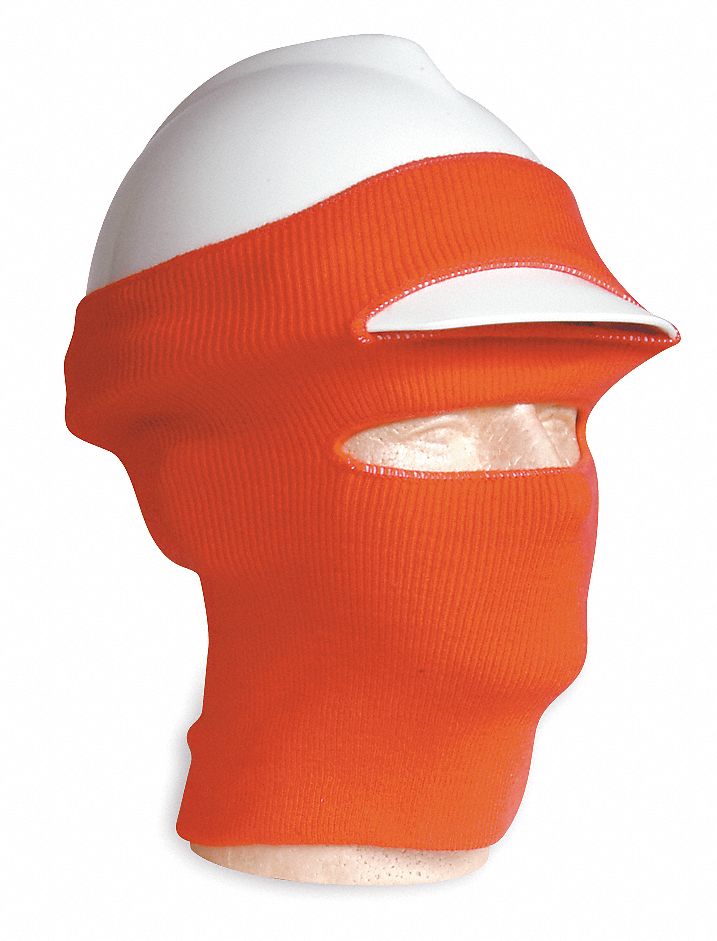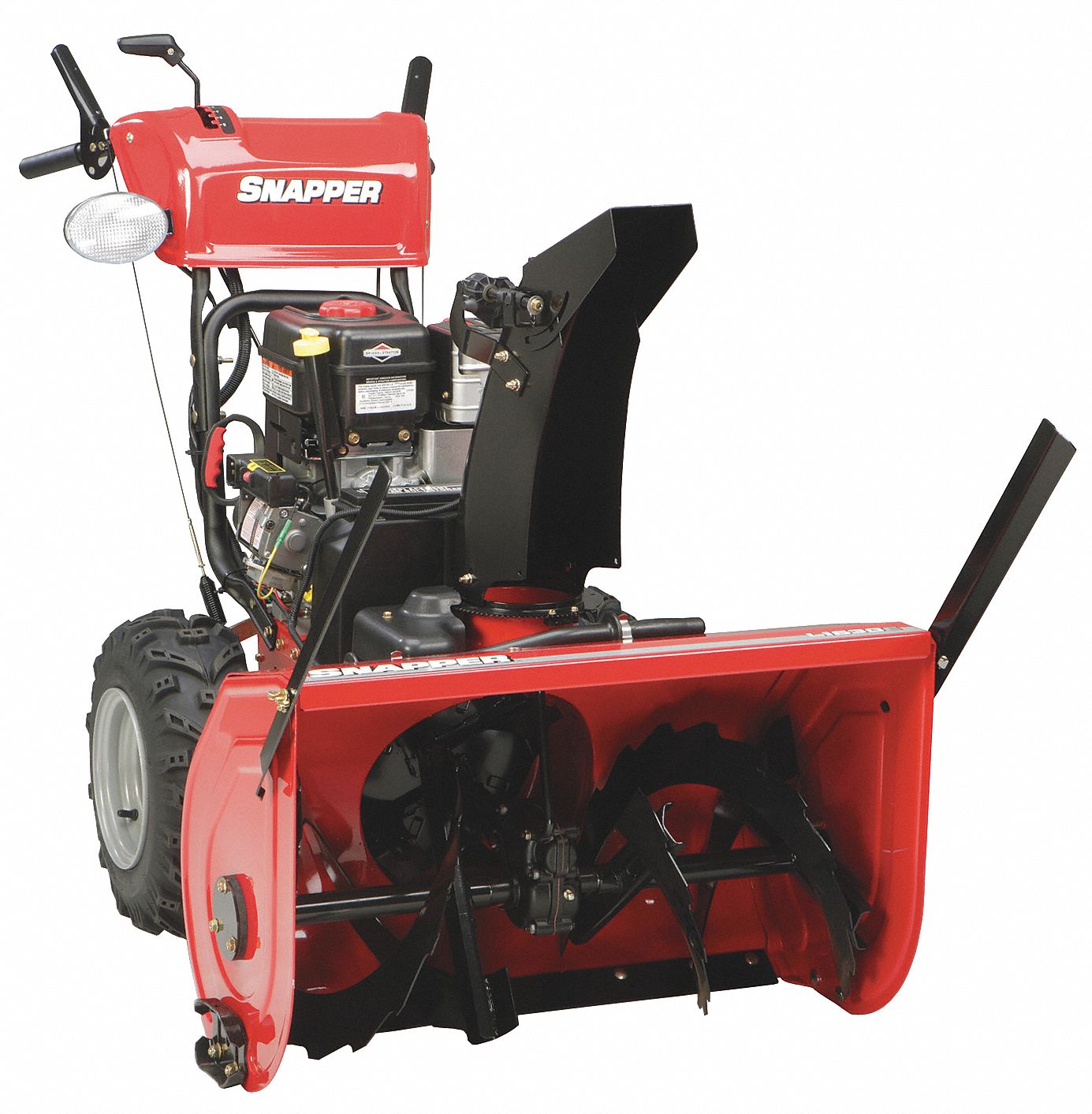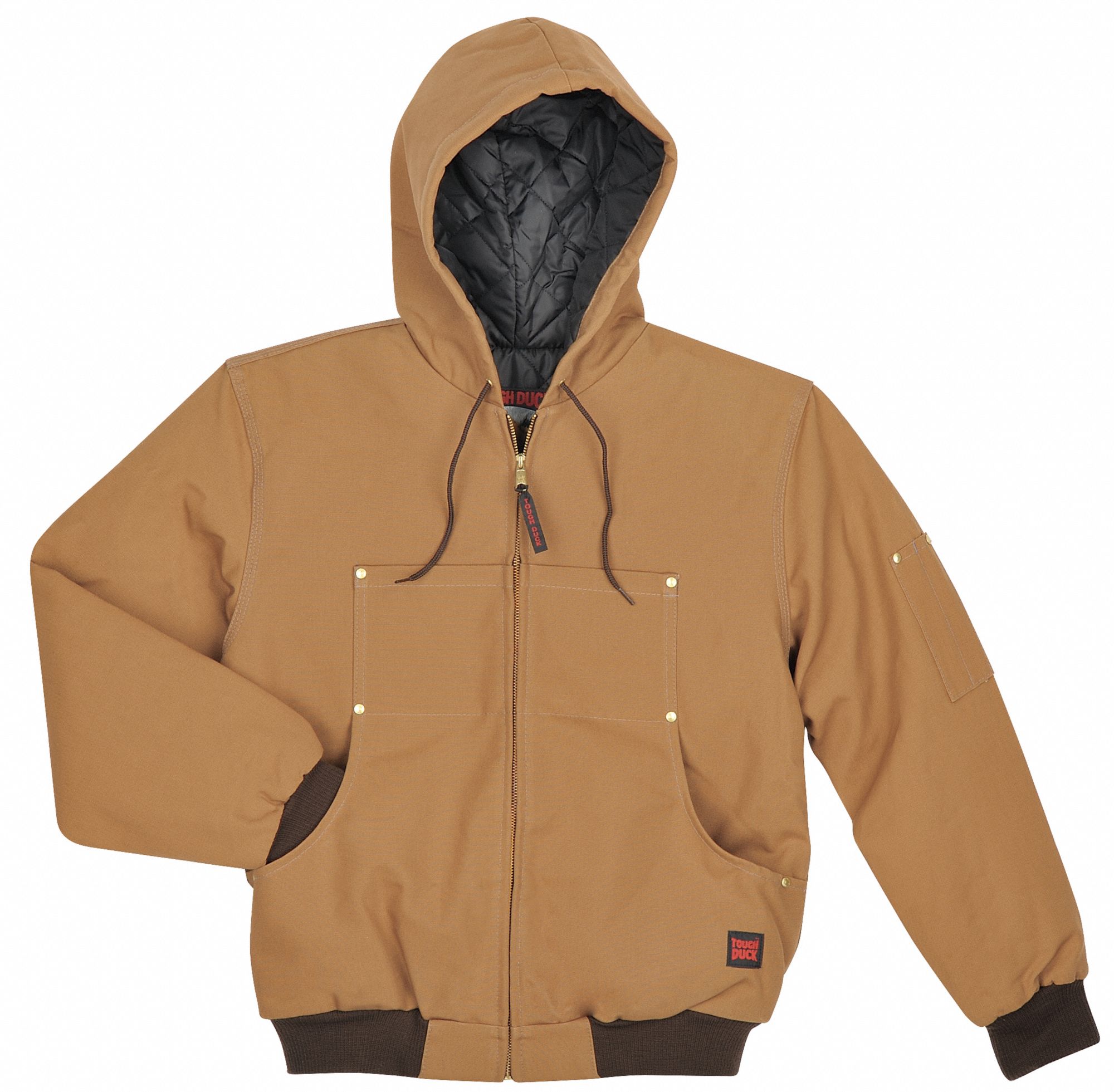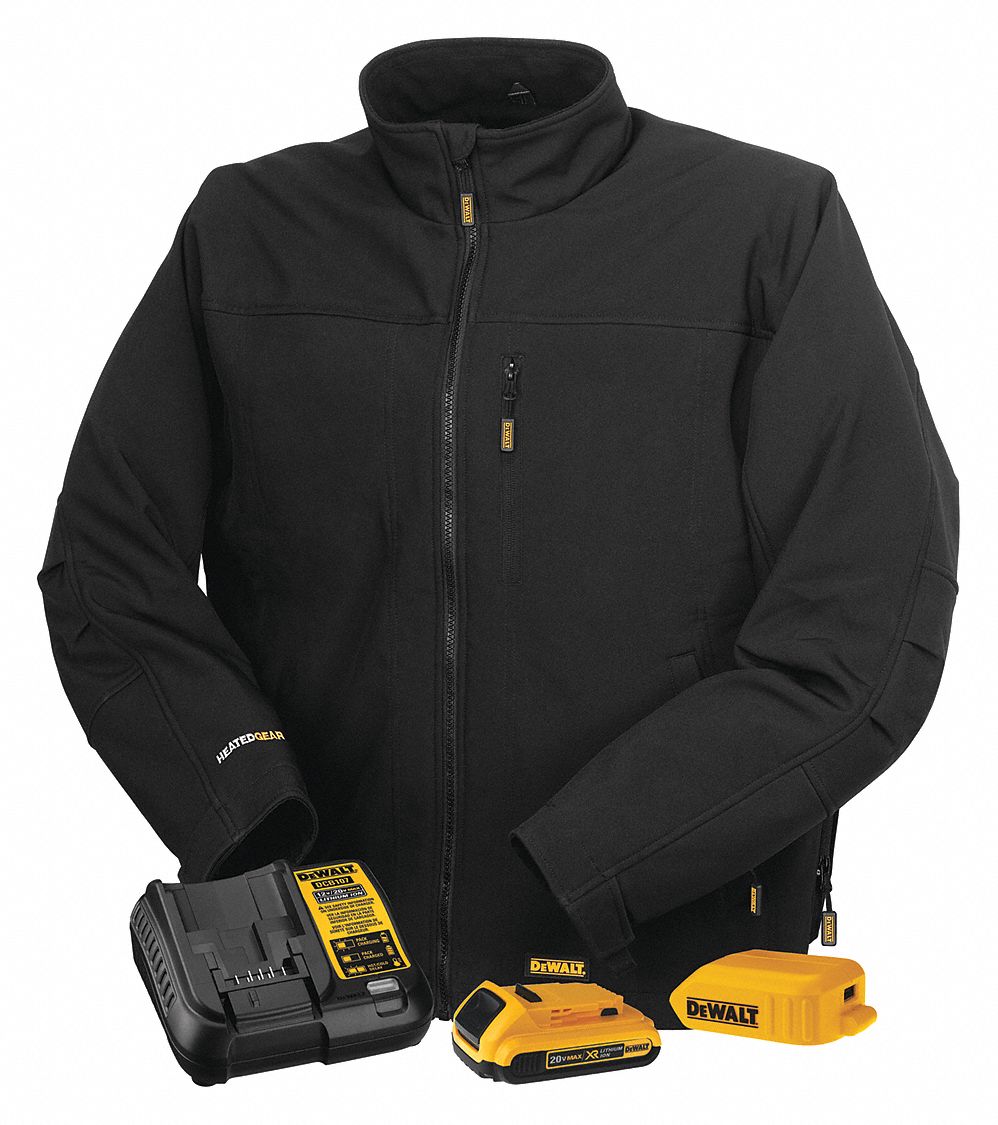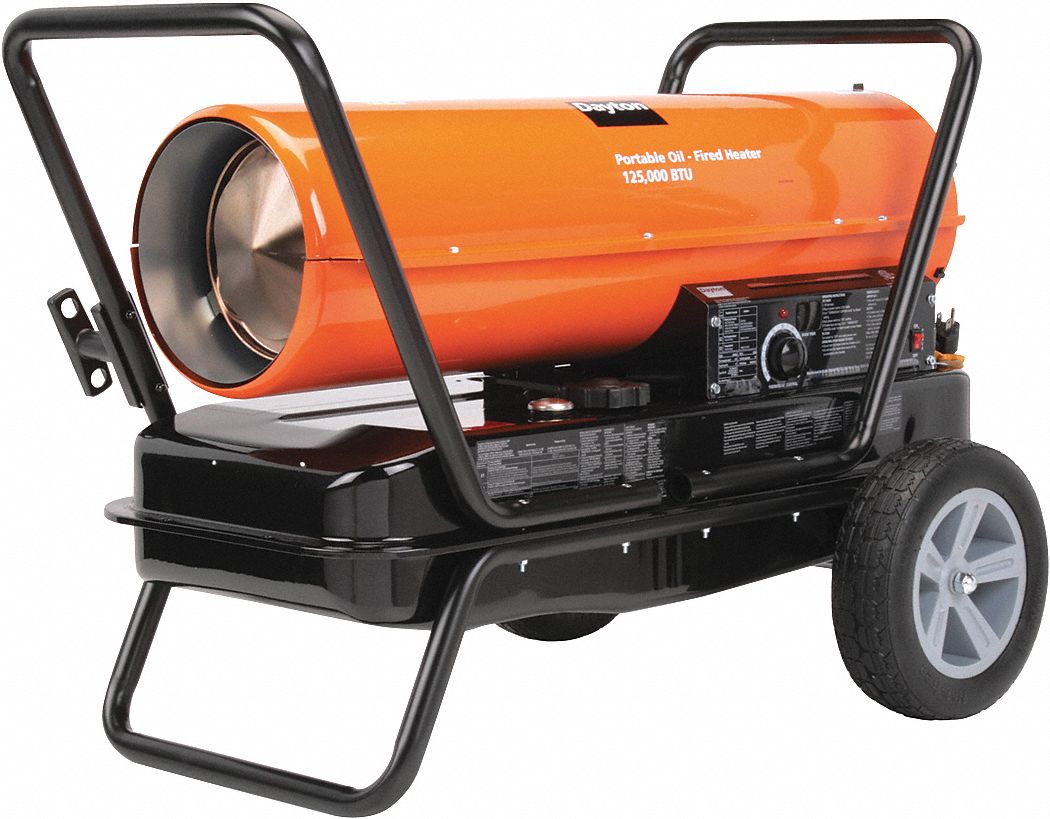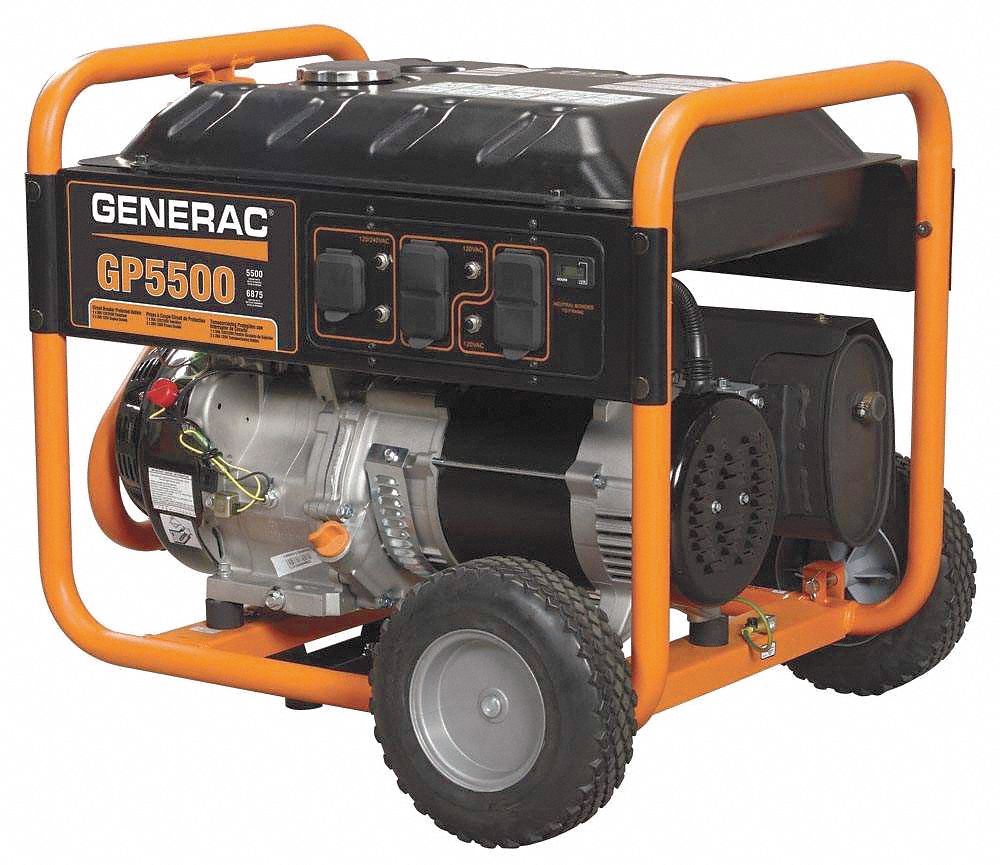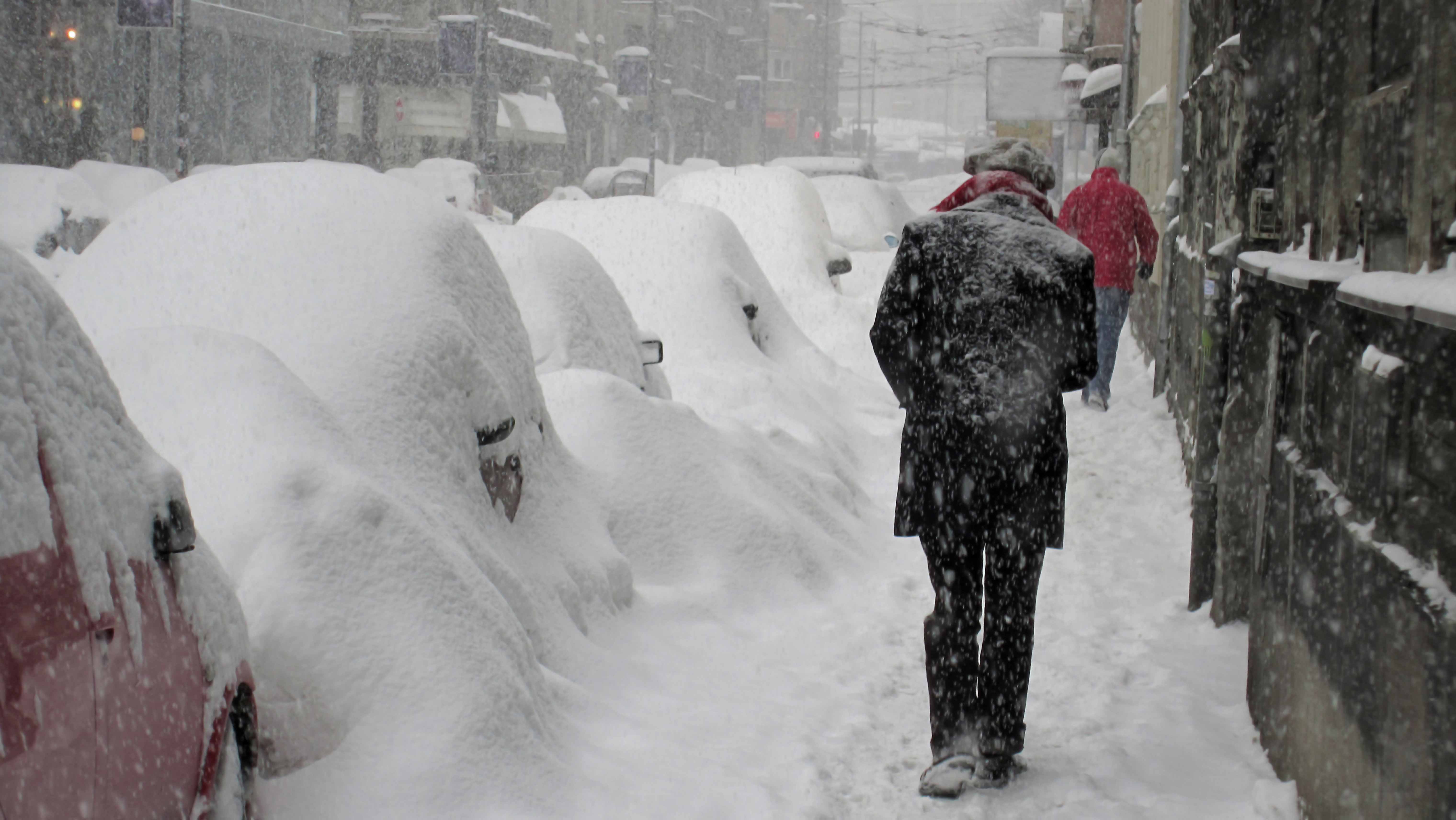

Winter Reference Guide
By Grainger Editorial Staff 3/30/21


The winter season often ushers in cold temperatures and damaging storms that can have serious consequences for your business and employees. For worker safety and business operational continuity, there are three phases of action that help you manage adverse winter weather: prepare, respond, recover. This collection of resources can help your business minimize the impact of cold-weather conditions.
![]() Prepare: What to Do Before Winter Storms and Cold Temperatures Arrive
Prepare: What to Do Before Winter Storms and Cold Temperatures Arrive
Preparation is an essential step to minimizing the impact of cold-weather conditions. Read the following collection of information to learn the steps required to prepare for winter weather.
![]() Respond: What to Do When Winter Storms and Cold Weather Arrive
Respond: What to Do When Winter Storms and Cold Weather Arrive
The response phase of winter storm preparedness helps protect lives and property during or in the immediate aftermath of a storm. This collection of information describes ways to respond to winter storms and cold weather.
![]() Recover: What to Do to Restore Operations Once Winter Storms and Cold Weather Pass
Recover: What to Do to Restore Operations Once Winter Storms and Cold Weather Pass
The recovery stage of winter-storm activities includes repairing the damage done by storms. It may also include replenishing supplies and understanding how your business can better prepare its facilities and people for the tasks associated with disaster recovery.
![]() Equipment You May Need for Winter
Equipment You May Need for Winter
These guides can help you make more informed purchasing decisions about the equipment and supplies you’ll need to weather the winter season.

PPE in the Workplace
Safety Essentials: Protecting Employees and Supporting Compliance
Learn how the right safety supplies and processes can help support compliance, reduce injuries and protect employees throughout the workday.
![]() OUR LATEST KNOWHOW
OUR LATEST KNOWHOW

Equipment
How to Choose the Right Ceiling Tiles
Ceiling tiles are made of different materials to serve a variety of purposes, so make sure you're choosing the right kind of ceiling tile for your facility.
The information contained in this article is intended for general information purposes only and is based on information available as of the initial date of publication. No representation is made that the information or references are complete or remain current. This article is not a substitute for review of current applicable government regulations, industry standards, or other standards specific to your business and/or activities and should not be construed as legal advice or opinion. Readers with specific questions should refer to the applicable standards or consult with an attorney.

